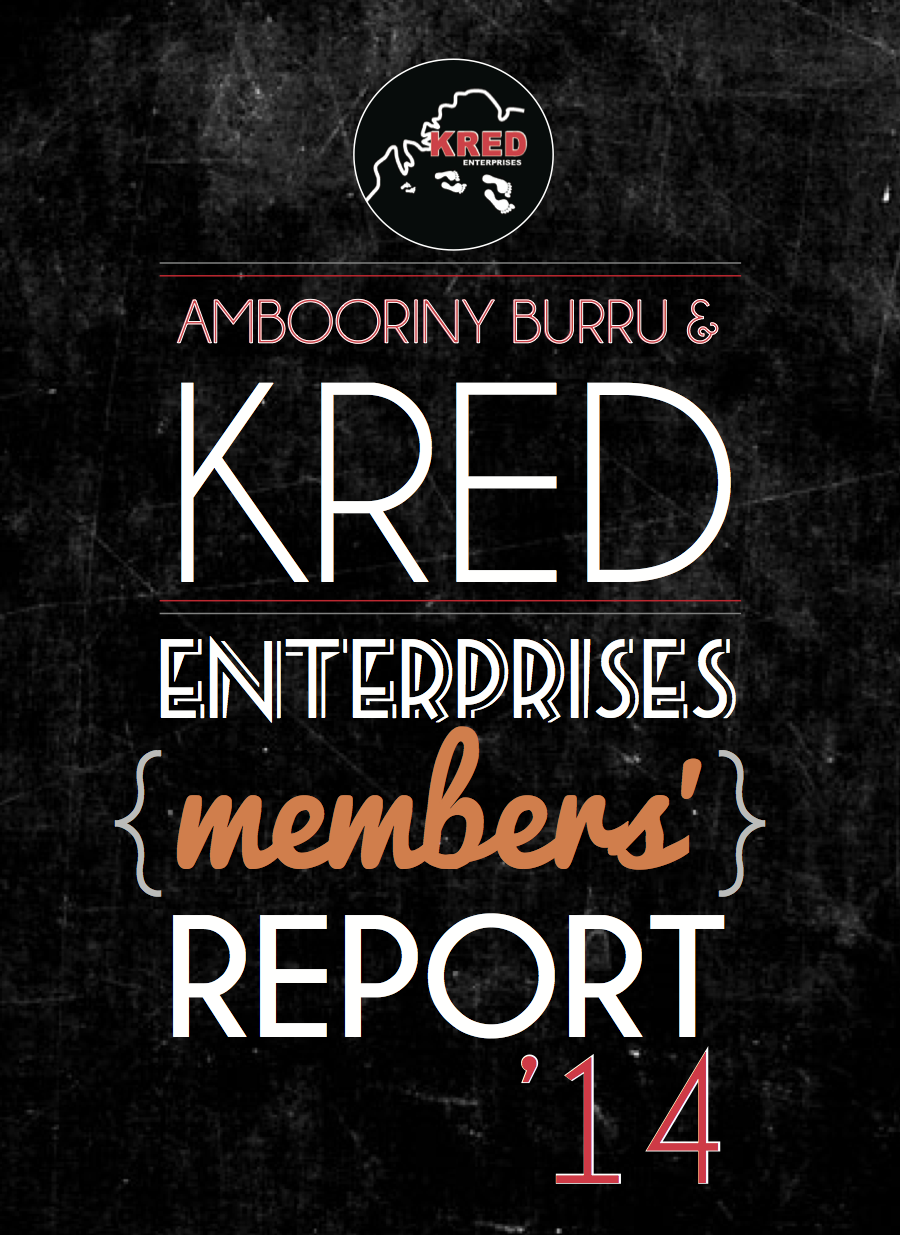The man from Bohemia Downs
In most communities or towns there are one or perhaps two remarkable people who work twice as hard as the rest of us. They build their communities with wisdom and warmth. They contribute to other organisations and projects as well as working full time. They have the patience and bigness of spirit to pass on their knowledge to younger generations. They are generous, almost always to a fault.
Mr Lawford was such a person.
As you all know, he was the station manager at Bohemia Downs for many years. The pastoral industry is one of the hardest industries to make a living from yet despite the turmoil of politics and devastating ban on live exports, Mr Lawford was able to keep the station, his family and the community going. He worked to ensure the community and station shared resources and were fully integrated. He restored and transformed the country, using traditional and western land management techniques.
Mr Lawford was a trailblazer, a risk-taker. Chairperson of the Kimberley Regional Fire Management Project, he was one of the first people to test early burning regimes on Bohemia Downs. The tests were a success, and not long after, neighbouring stations began to do the same thing. Now, similar fire management techniques are used across the whole of the Kimberley. Mr Lawford was never selfish with his knowledge and he shared these findings both locally and regionally, including as part of the Kimberley Appropriate Economies Roundtable Project in 2005.
His commitment to his community didn't end here. Mr Lawford was involved in many, many other projects and took on various roles over the years in addition to managing Bohemia Downs. He sat on the West Australian Pastoral Lands Board, was the chairperson at Kupartiya, was the ranger development officer appointed to assist the Wangkatjungka and Gooniyandi Rangers, and was a graduate of both the Australian Rural Leadership Program and the Grazing for Profit School.
Significantly, Mr Lawford was the chairperson of the Kimberley Aboriginal Pastoralists Incorporated (also known as KAPA) and had been a board member since KAPA/KAPI began. One of his greatest qualities as chairperson was his compassion. He always made sure everyone had a say and he didn't turn his back on people. He didn't ignore them.
This was a quality he also brought to his role as a teacher and a trainer. He held a Certificate IV in Workplace Training and Assessment and delivered both formal training at Billiluna and informal training. One of the informal training packages was called 'Station Business'. The course was delivered a number of times over a five-year period through Management Services Unit Aboriginal Corporation, of which he was a director. The idea of the training was to help local people in communities and people working on stations to learn about corporate governance and management. The course took an intensive seven days to complete and usually ran with a minimum of twenty people. In a testament to Mr Lawford's charisma and knowledge, he never had a single person drop out of the course. Everyone stayed the full seven days.
Communities become strong through the sharing of knowledge. Mr Lawford was involved with the Yirriman Project, and he understood the importance of sharing stories and teaching young people how to hunt and look after country. In recent months, he was also trying to establish an art and craft workshop at Kupartiya, not as a commercial space, but as a space to involve, engage and teach young people. Although station life took up most of his time, Mr Lawford was a fine artist and even studied art for a time in Perth. Sometimes he would sketch in meetings. His drawings have been described as extraordinary.
Recently, Mr Lawford worked as a full-time project manager with KRED Enterprises to help establish the Kimberley Aboriginal Pastoral Co-op. KRED was proud to have him onboard. He brought to this role a wealth of knowledge and expertise, with his strong sense of traditional law and culture, and his equally strong sense for business and training. He was a man who was very comfortable walking in both worlds and he shared a vision for revitalisation of the Aboriginal pastoral industry across the Kimberley.
Mr Lawford had the quiet pride and posture of a good cattleman. Always humble, always giving, he found himself, perhaps unexpectedly, starring in documentaries, making the front page of national newspapers, and contributing to research run by AIATSIS, the Department of Water and Environs Kimberley. He had a long involvement with the Kimberley Land Council, including representing the Kurungal native title claim on the KLC Executive Committee between 2004-2006.
He touched lives not just in the Kimberley, but in the Northern Territory and across Australia. He will be remembered in his community as a strong culture man, a committed and innovative pastoralist, an artist and a teacher. He will be remembered as a man who was approachable and generous and who had the great gift of bringing people together.
We will deeply miss him.



